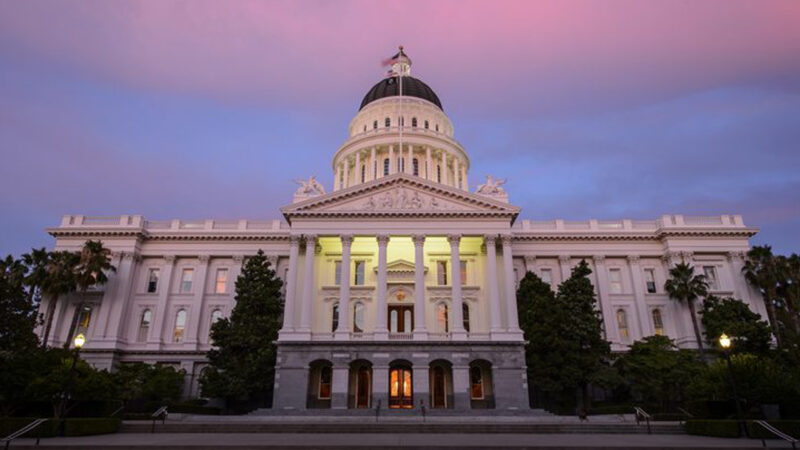In the Media
SAN FRANCISCO CHRONICLE: Wiener launches bill to require testing AI tools for safety. Here’s what that means.
02. 08. 2024
Teri Olle: “With the development of a public cloud like CalCompute, we can harness the potential of AI for good.”

This story was originally published in the San Francisco Chronicle.
Wiener’s plan, which he announced in broad strokes last year, would also authorize the creation of a large public cloud computing cluster called CalCompute meant to provide researchers and others a platform for developing and testing AI technology.
“Large-scale artificial intelligence has the potential to produce an incredible range of benefits for Californians and our economy — from advances in medicine and climate science to improved wildfire forecasting and clean power development,” Wiener said in a statement.
“It also gives us an opportunity to apply hard lessons learned over the last decade, as we’ve seen the consequences of allowing the unchecked growth of new technology without evaluating, understanding, or mitigating the risks,” he added.
The bill, SB1047, “sets out clear standards for developers of extremely powerful AI systems,” Wiener’s office said. It would target AI models that cost more than $100 million to train, and that are “substantially more powerful than any system that exists today,” his office added in a statement.
“The AI market is dominated by a handful of corporate actors and this essential legislation takes the first critical step in fostering greater innovation and openness to serve the public interest,” said Teri Olle, director of Economic Security California, which is also sponsoring the bill, in a statement. “With the development of a public cloud like CalCompute, we can harness the potential of AI for good.”
The symbolic weight of Wiener’s bill is difficult to ignore, with the text itself noting that California leads the world in artificial intelligence innovation and research via companies large and small, as well as through “our remarkable public and private universities.”